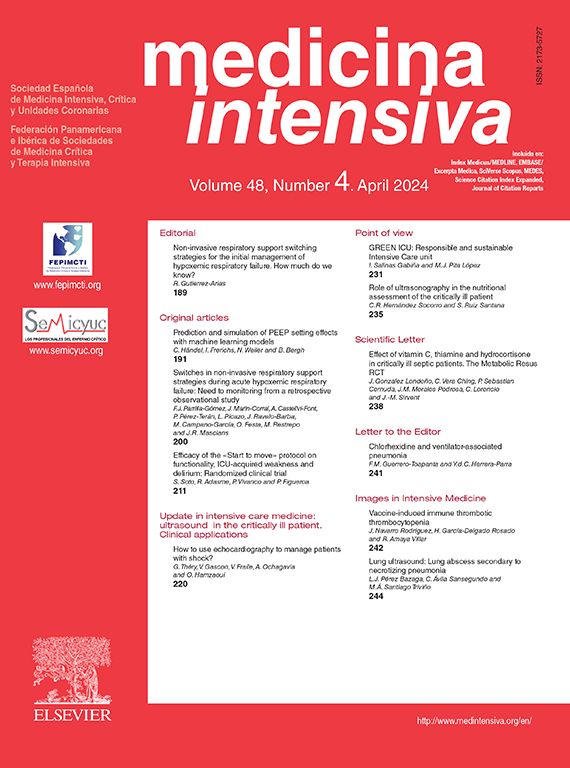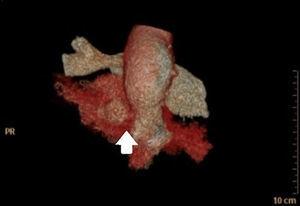The findings of the PARAMEDIC2 study1 have recently been published. This study recruited over 8000 people who suffered from an out-of-hospital cardiac arrest (CA). The patients were randomized into two groups of treatment. One arm administered adrenaline following the recommendations established by the European Resuscitation Council (ERC),2 while in the other arm, the adrenaline was replaced by a saline solution at 0.9% (placebo).
Aside from the previously mentioned limitations of the lack of control over the following hospital therapy, the use of limitation of life support treatment (LLST), and delays in the administration of the first dose of adrenaline,3 the study has been criticized for the methodology used and also for various ethical aspects.4
One of the main moral issues is the lack of informed consent which is on a head-on collision course with the principle of autonomy. In this sense, the very nature of urgency of this situation stops us from obtaining the informed consent and even if a family member obtained the consent, its validity would be dubious given the stress conveyed in a CA. The authors present, in an organized and appropriate way, the legal principles this practice allows. However, being included in the study excludes de facto the possibility of performing quality advanced cardiopulmonary resuscitation (ACPR) maneuvers as established by the ERC clinical practice guidelines.2 That is why it is essential to remember here that the administration of adrenaline is a strong recommendation, which means that patients who received placebo were deprived of a therapy that should be considered within the lex artis ad hoc criterion. Also, it may be possible that even the lack of quality ACPR maneuvers may have affected patients who ended up receiving adrenaline, since the assessment of inclusion criteria may delay the administration of urgent therapies. As a matter of fact, it is possible that the unacceptably long delayed times in the administration of this drug shown in the study are somehow associated with this circumstance.
At least it is questionable that those who were included in this study gave their informed consent after this argument. Also, it is possible that the healthcare professionals involved may refuse such a procedure by embracing the ethical principle of nonmaleficence.
On the other hand, a decision was made to inform the families of deceased patients on their participation in the study. And even though the legal issues may have been covered, the ethical implications of the lack of healthcare provided are undoubtedly contrary to good clinical practice given it represents the deliberate concealment of a therapy (or lack of it) used in a given person. As a matter of fact, it seems that this detail was omitted in an attempt to avoid any emotional conflicts. However, if we are not hesitant about this action and the events that unfold here do not present us with any ethical conflicts, then it is questionable that this may lead to any emotional conflicts. From our own point of view, the only conflict here is trying to explain to a family member that his relative was deprived of a widely recommended therapy with the sole purpose of evaluating the effectiveness of such therapy.
Please cite this article as: Peñasco Y, Escudero Acha P, González-Castro A. Estudio PARAMEDIC2: cuestiones éticas. Med Intensiva. 2019;43:324.




